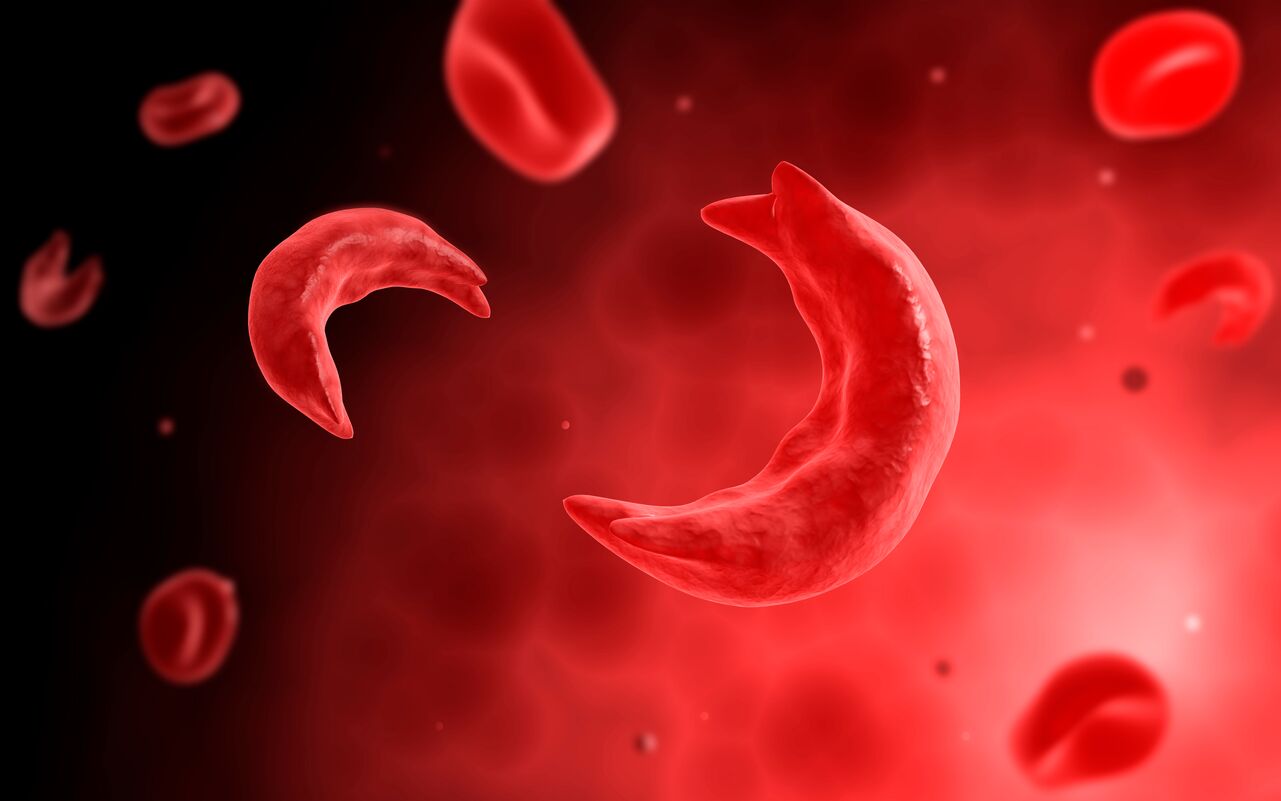Residents decry sickle cell stigma in families

Patients and their guardians at the Sickle Cell Unit in Ngora Health Centre IV, Ngora District last Thursday. Residents and leaders in Ngora District have raised concern over the breakdown of families with children suffering from sickle cell disease. PHOTO/SIMON PETER EMWAMU
What you need to know:
Authorities in the district say women are often accused of being carriers of the disease despite the lack of medical evidence to justify this.
Residents and leaders in Ngora District have raised concern over the breakdown of families with children suffering from sickle cell disease.
The residents and leaders blamed the issue on some members of the family, especially the husband and his relatives, accuse the wives of being a carrier of the disease.
According to elders in the Iteso Cultural Union (ICU), at least 85 couples are on the verge of divorce over the matter.
The elders added that women are often left to bear the burden of taking care of the affected children.
Mr Martin Ononge, the ICU cultural leader in Kapir County, Ngora District, said the accusations, especially from the relatives of the male partners, are baseless, adding that many of the families do not carry out the requisite medical checkup.
“We are in a situation where it is women who are heavily being accused of carrying the sickle cell gene yet this may not be true,” Mr Ononge said.
He added: “Recently, a mother abandoned a child suffering from sickle cell disease at the hospital, seeking to end her marriage. But we have since rushed in to offer mediation.”
Mr Ononge said ICU has established the Ateker Medical Unit, which provides herbal medicine to treat the pain of children suffering from sickle cell disease.
He said the institution is also sensitising couples to go for medical check up to confirm whether they are carriers of the disease.
In an interview with Daily Monitor last Thursday, Ms Claire Grace Amulen, a mother, whose child suffers from sickle cell disease, said women are always the first to be accused of being carriers.
She said sickle cell disease is expensive to treat and some mothers with children suffering from the disease struggle to raise the funds needed.
“Majority can’t even afford a single piece of cloth for themselves because the money they come across is diverted for medication as men keep away in the blame game,” Ms Amulen, who has since become a volunteer sickle cell campaigner, said.
Ms Susan Aliabu, a resident of Agolitom Village, Ngora Sub-county and a mother of three, said two of her children suffer from sickle cell disease.
She said her in-laws often accused her of being a carrier of the disease and that her husband often leaves her to take care of the children on her own.
“I have to run errands to find money. It is even worse when the children need a transfusion. In most cases blood is out of stock, which calls for money,” Ms Aliabu said.
Mr John Kokas Adipi, a resident of Kodok Village, Atot Sub-county and a father of a child suffering from sickle cell disease, said he has seen many women struggling to take care of their children in hospital.
He has since started sensitising his colleagues to check themselves for sickle cell before they marry.
Health worker reacts
Ms Sikola Adioci, the head of the Sickle Cell Unit at Ngora Health Centre IV, said the facility has more than 800 patients.
She, however, said the numbers may increase if couples do not take the time to check themselves for the sickle cell disease.
She added that one of the challenges they face at the facility is shortage of blood.
“When the attacks are severe, it calls for blood transfusion, in instances when blood is out of stock, the lives are at risk, yet the majority can’t buy blood from private facilities,” Ms Adioci said.
Ms Adioci said due to lack of funds, they are unable to carry out sensitisation campaigns and called on humanitarian organisations to come to their rescue.
Mr Tony Olupot, a health educator for Ngora District, said in April, the facility treated more than 313 children below the age of 17.
He added that another 352 patients, between the ages of 18 and 45, were also treated at the facility.
About sickle cell disease
According to the Centres for Disease Control and Prevention, sickle cell disease (SCD) is a group of inherited red blood cell disorders. Red blood cells contain hemoglobin, a protein that carries oxygen. Healthy red blood cells are round, and they move through small blood vessels to carry oxygen to all parts of the body.
In someone who has SCD, the hemoglobin is abnormal, which causes the red blood cells to harden and become sticky.




